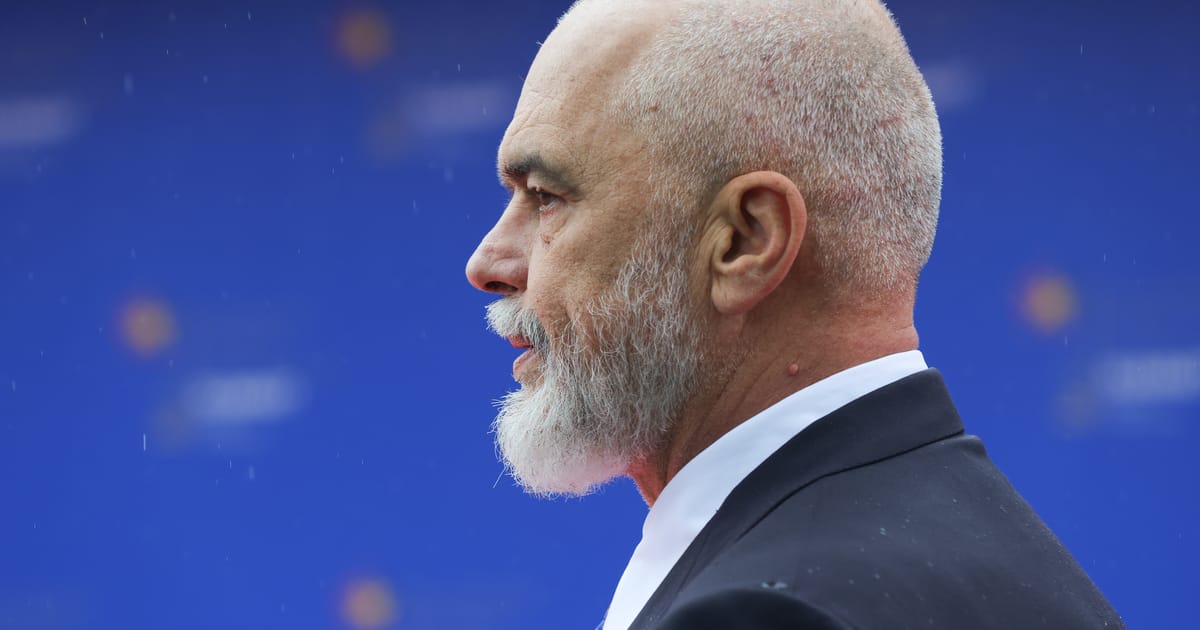

In a world where technological aspirations converge with pressing socio-economic realities, countries are navigating new pathways towards progress. Recent news underscores efforts from diverse regions—from Albania’s pioneering cashless vision and Bali’s cultural preservation struggle to significant demonstrations for social justice in Sydney and advancements in infrastructure and political landscapes in Portugal.
Albania has set an ambitious goal to become the world’s first cashless society by the end of the decade. This visionary endeavor, driven by the nation’s leadership, seeks to modernize the economy and enhance financial transparency. While the initiative aims at eliminating cash transactions, Albania faces the daunting task of overcoming public skepticism toward banking institutions. The challenge is heightened by deep-rooted mistrust that exists within the population, which views cash as a more secure and tangible form of holding wealth. The government’s plan will require not just advanced technology but also substantial efforts to build public confidence in digital financial systems.
Meanwhile, in Bali, Indonesia, the tension between preserving cultural heritage and accommodating mass tourism has reached a tipping point. The demolition of 48 establishments at Bingin Beach has stirred distress among locals. The initiative aimed at regulating development on the island has been received with mixed emotions. For residents like Komang Agus, whose livelihood depended on these establishments, the devastation is particularly acute. As Bali strives to retain its enchanting ‘magic,’ local voices express concern that such regulatory actions might strip the island of its cultural essence. The fine balance between preserving the soul of Bali and promoting economic growth through tourism continues to be a contentious dialogue amongst all stakeholders involved.
On another front, a substantial and impactful demonstration unfolded in Sydney, Australia. This pro-Palestine march, described as “extraordinary” by Foreign Minister Penny Wong, highlighted global calls for social justice and peace in Gaza. The event reflected shared sentiments and underscored the power of collective voices advocating for equitable resolutions to international conflicts. The march coincided with a natural event, as thick fog enveloped Sydney Harbour, affecting ferry services and prompting alternative commuting options for residents. Despite these disruptions, the demonstration stands as a testament to the enduring presence of civic engagement in global human rights issues.
Across continents, Portugal marked a significant achievement with the completion of the Vouga railway line rehabilitation. This project involves not just infrastructural upgrades but also the automation of 70 level crossings between Oliveira de Azeméis and Sernada. Such improvements are poised to enhance both safety and efficiency along this historically significant route. The dedication of resources to infrastructure highlights the intersection between preserving historical transit lines and integrating modern technological advancements.
In Portugal’s political realm, discussions of integration and political strengthening continue. Pedro Costa, a notable figure in the Socialist Party, has shown support for the inclusion of former governor of the Bank of Portugal, Mário Centeno, within the party’s ranks. Known for his reputation and experience, Centeno’s potential affiliation with the Socialist Party embodies a strategic effort to enhance political influence and broaden the party’s appeal. The emphasis on welcoming proven leadership into political frameworks underscores a broader trend toward fostering diverse voices and experiences in governance.
As these stories from around the globe illustrate, the pathways toward development, growth, and justice are not unfailingly linear. They encompass a spectrum of complexities and considerations that necessitate collaboration, innovation, and reverence for cultural uniqueness. Even as challenges manifest, these narratives remind us of the collective resolve to forge societies that are attentive to the present and hopeful for the future.
Source: {link}
